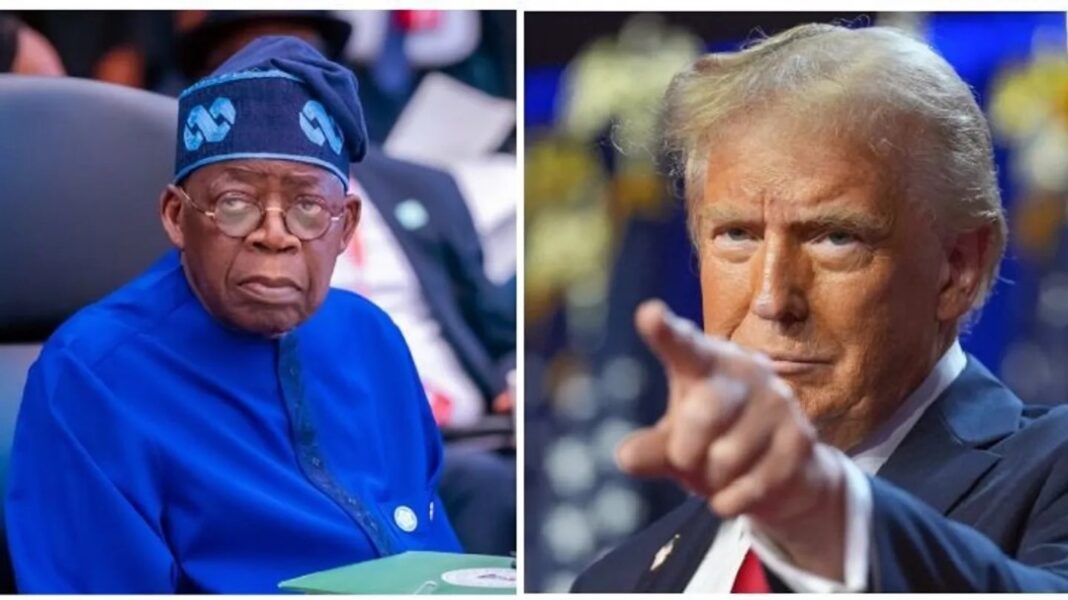By Headlinenews.news Investigations Desk.
November 6, 2025
A new documentary circulating in Washington and diplomatic circles sheds light on a growing rift between the United States and Nigeria. Contrary to online narratives framing recent U.S. statements as purely about religious genocide, the documentary reveals that President Trump’s anger is rooted in years of frustration over corruption, waste, and lack of transparency in Nigeria’s counterterrorism operations.
Billions Spent, Little to Show
Over the past two decades, the United States has invested billions of dollars in military assistance, training, and equipment for Nigeria under various administrations—Obama, Trump, Biden, and now again Trump.
These included helicopters, surveillance drones, armored vehicles, and counterterrorism funds meant to help Nigeria defeat Boko Haram, ISWAP, and other militant groups destabilizing the region.

Yet, after nearly 25 years of sustained support, the results are dismal. Terror attacks continue in the North-East and North-West, rural communities are ravaged, and civilian casualties remain high.
The documentary highlights Pentagon frustration that despite advanced American hardware and intelligence sharing, Nigeria’s security situation has worsened, not improved.
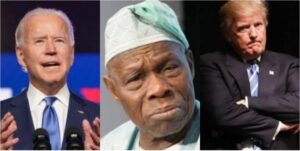
Corruption in the Ranks
One of the most damning revelations involves confirmed cases of Nigerian soldiers and officers caught selling weapons to terrorists.
Nigeria’s own military authorities have publicly admitted disciplining personnel implicated in arms diversion and collaboration with insurgents.
This, according to U.S. officials, makes the war on terror in Nigeria “an endless business model”—a system where conflict sustains itself through corruption and profiteering, rather than being resolved.
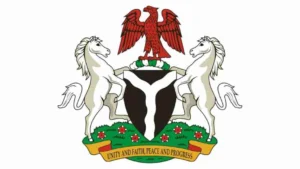
For Washington, this raises an uncomfortable question: How can the world’s largest defense power justify continued funding when the weapons it provides end up in enemy hands?
A Shared Problem: America’s Own Shadows
The documentary does not exonerate the United States either. It candidly notes that America’s defense establishment is not immune to corruption and waste, citing examples of Pentagon mismanagement, inflated procurement, and defense contractor scandals.
The difference, however, lies in accountability mechanisms.
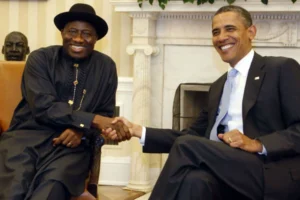
While U.S. systems are far from perfect, congressional oversight, audits, and public scrutiny often expose and penalize corruption. Nigeria’s defense sector, in contrast, has been opaque for decades, with missing funds and untraceable procurement contracts repeatedly flagged by both local and foreign auditors.
Terrorism Becomes an Industry
Analysts interviewed in the documentary describe Nigeria’s conflict as “a war economy.”
From Borno to Zamfara, terrorism has become an enterprise, sustained by illicit arms trade, ransom payments, and corrupt military practices.
The violence cuts across religion and ethnicity—Muslim and Christian communities alike are victims.
Entire farming villages have been erased in Zamfara, Katsina, Kaduna, Kwara, and Borno. Mosques have been torched, just as churches have been destroyed. In the Southeast, Christian-on-Christian violence continues to rise due to separatist conflicts and political militias.
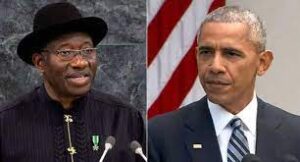
This underscores a painful truth: Nigeria’s crisis is not purely a religious genocide, but a complex mix of terrorism, organized crime, governance failure, and local grievances.
Accountability Without Intervention
While Washington’s anger is understandable, experts warn against overreach.
A unilateral Country of Particular Concern (CPC) designation or a military intervention risks inflaming the situation further.
Instead, the focus should be on accountability and measurable reform.
The U.S. has the right to demand transparency for the funds and weapons supplied. It can and should insist on independent audits, end-use monitoring of defense equipment, and verifiable reporting on how U.S. assistance is used. These are standard conditions in other partner countries—and have yielded results.
For instance, in Colombia and the Philippines, U.S. counterterrorism support was tied to strict anti-corruption frameworks and local oversight mechanisms. As a result, insurgencies in those regions were gradually contained. Nigeria could follow similar paths.
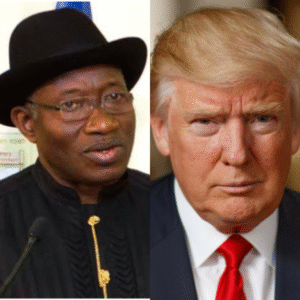
A Chance for Redemption
Nigeria’s defense leadership must now confront the uncomfortable reality: continued foreign support depends on visible reform.
Transparency is not optional—it is the price of partnership.
The country’s image has suffered not because of propaganda alone, but because repeated failures have eroded trust.
President Trump’s anger, as portrayed in the documentary, is less about ideology and more about accountability. The United States wants to see that its aid produces results, not more funerals.
Still, there is room for correction. Nigeria can turn this crisis into an opportunity—by reforming its defense procurement systems, punishing corruption without bias, and cooperating with allies to rebuild trust.
The world wants to see progress, not promises.
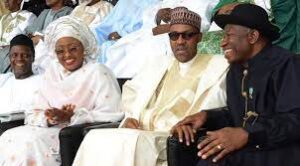
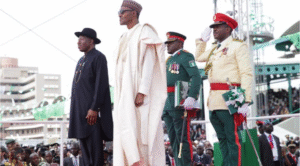
The United States has confirmed that Nigeria has received over 25 years of sustained military aid and equipment support, covering the administrations of Olusegun Obasanjo, Umaru Musa Yar’Adua, Goodluck Jonathan, Muhammadu Buhari, and now Bola Tinubu.
Washington’s frustration centers on how these billions of dollars and advanced hardware were utilized, with little measurable progress in defeating terrorism.
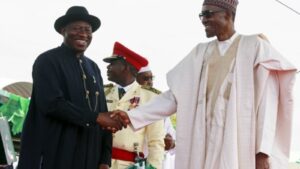
This long-standing lack of accountability has reportedly angered President Trump, prompting Nigeria’s recent Country of Particular Concern (CPC) designation and a renewed U.S. demand for a full audit of all defense funding and counterterrorism operations since 2001.
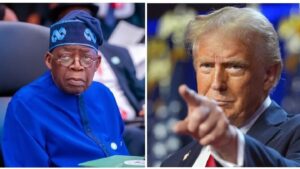
Nigeria’s insecurity is multi-dimensional—religious, political, and economic. Reducing it to a single narrative, whether genocide or corruption, misses the complexity.
But what is clear is that the status quo cannot continue.
If the billions poured into the fight against terror have only bred more terror, then both Nigeria and its partners must admit the system is broken—and fix it.
For now, the message from Washington is unmistakable:
Accountability, not rhetoric, will determine Nigeria’s future relationship with the United States.
Is Trump’s anger justified or not after expending millions of dollars without any difference?
Dr. G. Fraser. MFR.
The National Patriots Movement
Headlinenews.news Special Investigative Report.


